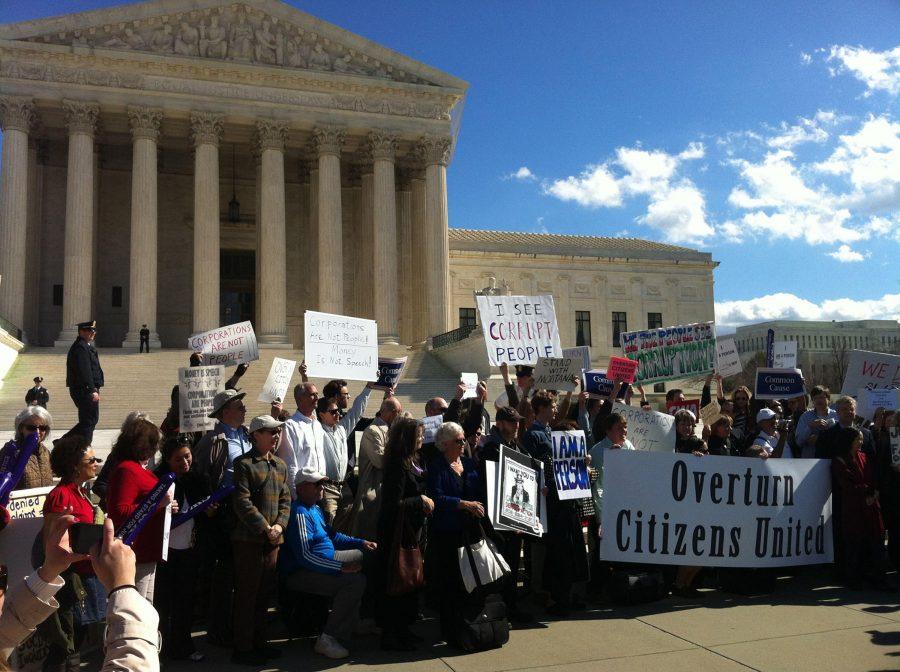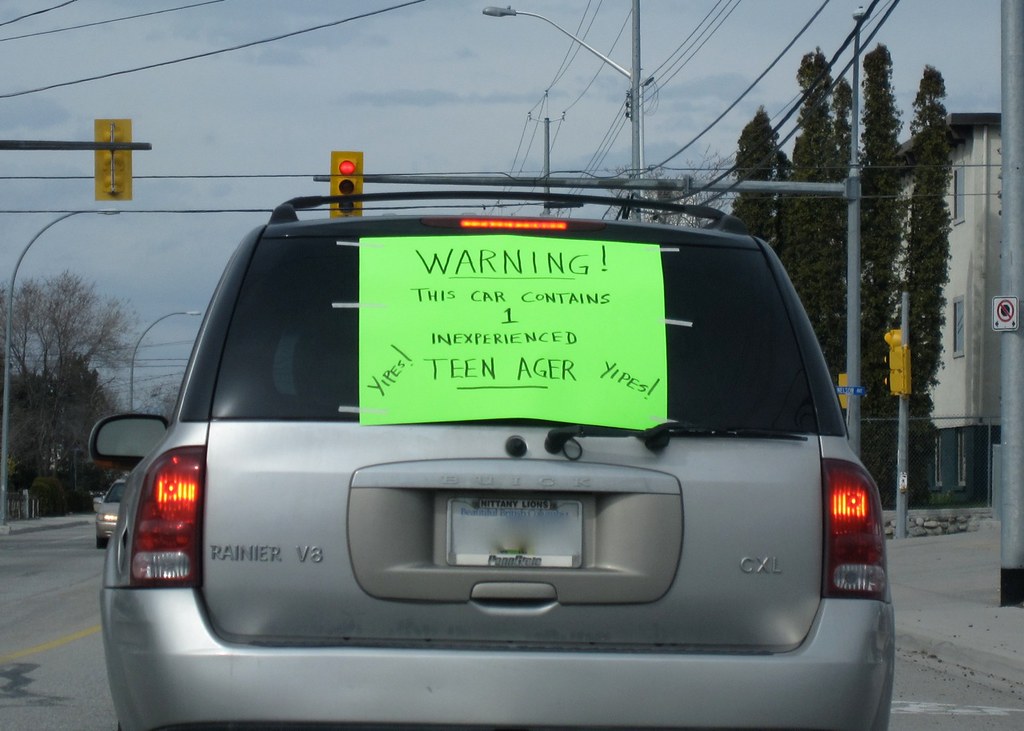
BY BENJAMIN ROCHETEAU
Staff Writer
Over the past year, the news and media have been consumed by politics and become a battlefield between the armies of propaganda, which are commanded by politicians themselves — or so it seems.
In this election campaign, less than seventy percent of the political advertisements have been by actual political groups.
The Bipartisan Campaign Reform Act (BCRA) places limitations on the amount of money an individual or group can give to a candidate.
The BCRA limits individuals to $2,700 per candidate, and groups to up to $2000-$5000, depending on the kind of group.
Nonprofit groups, however, can receive unlimited amounts of “dark money” from individual donors, and do not get taxed on their revenues.
By creating nonprofits, candidates can avoid the donation limits so long as they use more than fifty percent of their revenue on other goals, such as charity work, so that the majority of their spending is not primarily politics-related.
Since dark-money groups cannot give money directly to the candidates, they have to fund independent ads.
In order to avoid declaring their advertising to the Federal Election Commission (FEC), dark-money groups do not directly ask people to vote for a candidate, but argue heavily for his/her cause and platform in what are called “issue ads.”
Most dark-money groups are Republican, with over eighty percent of all dark money going to support Republican candidates.
These dark-money groups do not get caught because they aren’t technically illegal and eighty percent dissolve after the elections wrap up.
The largest of these groups, Crossroads GPS, cofounded by Karl Rove, George W. Bush’s ex-strategist, spent seventy million dollars to fund Mitt Romney in 2012 and to sponsor several other Republican-backing groups.
Viveca Novak, from the Center for Responsive Politics, said she estimates that the total amount of dark money spent on the 2016 electoral campaign will reach half a billion dollars, as reported by The Guardian.
With all of this money going towards politicians without federal notification, dark-money groups can effectively support candidates with as much money as they want, without having to worry about federal laws or intervention.
Three watchdog groups have filed complaints with the Internal Revenue Service (IRS) and the Justice Department regarding the group supporting former presidential candidate Marco Rubio, which contributed ten million dollars worth of ads to his campaign.
The watchdogs reported that the group was a “private benefit,” which undermined its “social welfare” status. There has yet to be any action against it.
Sidestepping campaign donation laws degrades the effectiveness of the governing body, and fails to display honesty and responsibility.
When you vote for a candidate or choose not to vote, you accept all outcomes of that election, and you accept what that politician will do with the power bestowed upon him/her.
When dark-money groups try to go around the laws created by Congress and the President, they go against that unspoken agreement and responsibility which came to life when they voted or chose not to.
What is the point of making laws if they do not function as intended?
The use of these dark money groups undermines the values of a democracy, and changes our government to a system in which the rich are in power, doing the bidding of the large firms and richer individuals that fund them and their campaigns.
That system resembles a constitutional oligarchy more than a democracy, where select rich people retain all the power, despite laws that are designed to distribute that power amongst the people.
The blame for the existence of these groups should not rest solely on the shoulders of those funding the groups, but also on the shoulders of those who know of these groups but do not take effective action or legislative measures against them.
These groups may not technically be illegal now, but they should be.
All political funding should be made public and be subject to new, stricter legislation set forth by the BCRA and Congress.
In this society where nearly all of the members of Congress have received donations or funds from large firms, and unsurprisingly reflect the interests of said firms, outside groups already play too large a role in politics, so it is crucial to try to limit their influence as much as possible.
Dark Money: The Tool of those Behind the Scenes
September 16, 2016
Protesters outside the Supreme Court in 2012 rally against the court’s decision in Citizens United, one of two rulings that has helped boost the influence of so-called “dark money” groups in elections. (Photo by Jordan Krueger via flickr/Creative Commons/Cronkite News Service/TNS)
0
Donate to Sword & Shield
$180
$1000
Contributed
Our Goal
Your donation will support the student journalists of University High School. Your contribution will allow us to purchase equipment and cover our annual website hosting costs.
More to Discover














